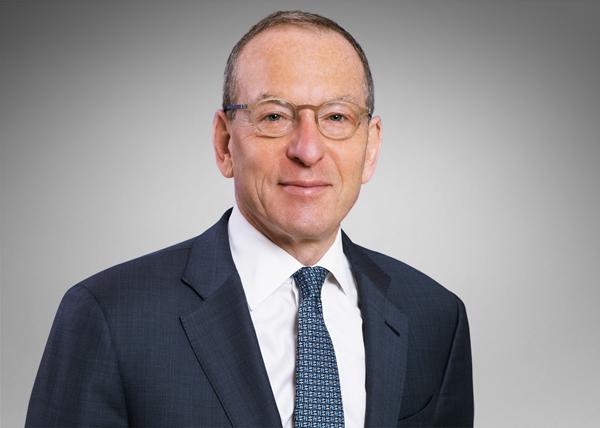LOS ANGELES—Covington partner Carolyn Kubota has been named a Fellow of the American College of Trial Lawyers, one of the premier legal associations in North America. Ms. Kubota is the seventh Covington lawyer among the current Fellows, joining Lanny Breuer, Robert Haslam, John Nields, George Pappas, William Phillips, and Robert Sayler.
Ms. Kubota is a nationally acclaimed trial and white collar defense lawyer and former federal prosecutor. She has handled more than 20 jury and bench trials in state and federal court. In her practice, Ms. Kubota is focused on civil and criminal trials, white collar criminal defense, and high stakes business litigation, with particular emphasis on the pharmaceutical industry.
Founded in 1950, the College is composed of the best of the trial bar from the United States and Canada. Fellowship in the College is extended by invitation only, and only after careful investigation, to those experienced trial lawyers who have mastered the art of advocacy and whose professional careers have been marked by the highest standards of ethical conduct, professionalism, civility, and collegiality. Lawyers must have a minimum of fifteen years trial experience before they can be considered for Fellowship.
Membership in the College cannot exceed one percent of the total lawyer population of any state or province. There are currently more than 5,700 members in the United States and Canada, including active Fellows, Emeritus Fellows, Judicial Fellows (those who ascended to the bench after their induction) and Honorary Fellows. The College strives to improve and elevate the standards of trial practice, the administration of justice, and the ethics of the trial profession. Qualified lawyers are called to Fellowship in the College from all branches of trial practice. They are carefully selected from among those who customarily represent plaintiffs in civil cases and those who customarily represent defendants, those who prosecute individuals accused of crime and those who defend them. The College is thus able to speak with a balanced voice on important issues affecting the legal profession and the administration of justice.
Back
Back









